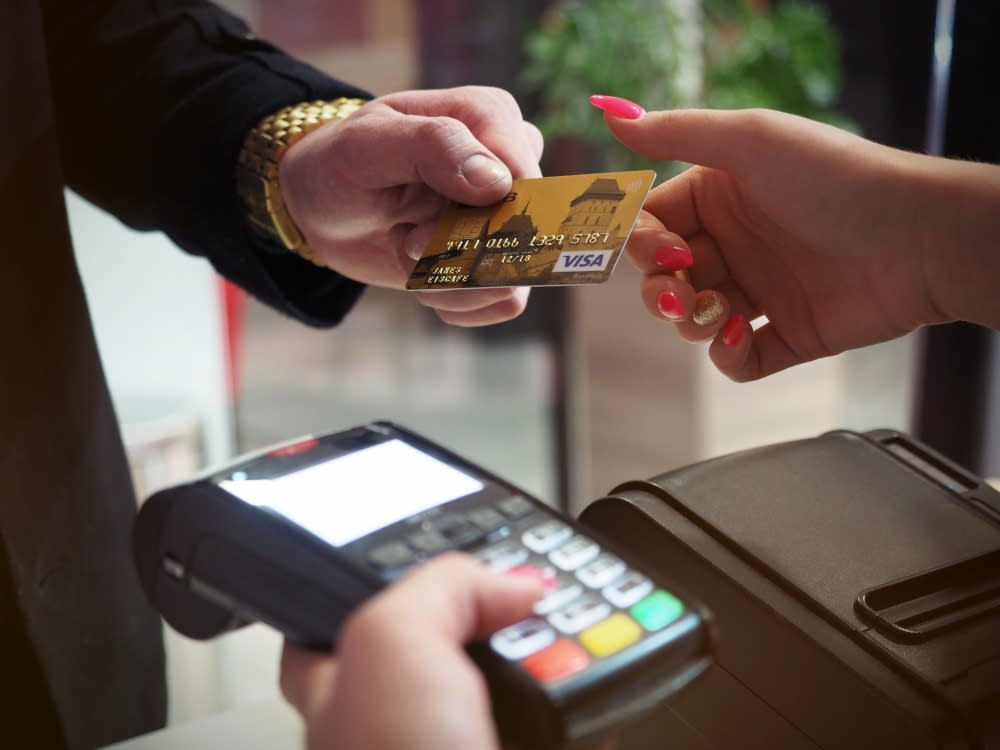Beware: Payment gateways without licensed merchant acquirer can result in money laundering, financial crimes

KUALA LUMPUR, April 19 — The rise of alternative payment methods either via terminals or QR codes is definitely an indication of the booming digital industry.
Such convenience through payment gateways ensure a seamless and timely payment process between a buyer and seller.
A payment gateway is one of the most convenient technologies for many businesses to facilitate online transactions by processing credit card payments.
Just as much convenience as this payment method is to buyers and sellers, an illicit one can bring trouble to business owners.
In November 2021, Bank Negara Malaysia (BNM) raided a payment gateway company and seized RM118.7 million cash on suspicion of money laundering and other financial crimes.
Although payment gateways offer seamless selling or purchasing processes, the service provider or financial institution must hold the necessary permits called “merchant acquiring licenses” to process electronic payments on behalf of a business.
Government regulations bind such a license to ensure the safety and security of electronic payments.
However, if a payment gateway doesn’t hold a merchant acquiring license, it may put your business and customers’ financial information at risk should the provider engage in illegal or risky financial activities such as money laundering, known as transaction laundering.
Simply put, using a payment gateway or aggregator that does not have a TPA or PSA agreement with a licensed merchant acquirer may risk your business and customers' financial information, particularly if the provider engages in illegal or risky financial activities like transaction laundering.
This is mainly because a payment gateway is not allowed to accept money on behalf of merchants but helps to secure the payment transaction process by encrypting sensitive data and routing payment information between the merchant, payment processor and acquirer.
For the uninitiated, transaction laundering is a criminal activity where a seemingly legitimate website processes transactions through a legitimate merchant’s payment service provider account to launder illicit funds.
Using a legitimate platform as a front is a tactic used by criminals to conduct criminal activities such as the sale of prohibited and illegal products or services.
According to a whitepaper by Infosys, this tactic creates a situation whereby merchant service providers unknowingly become party to illegal activities and facilitate money laundering which may lead to regulatory penalties.
The white paper also highlighted that although this method of money laundering may appear simple, it is not easy to detect through traditional means due to its complexity of payment chains, inability to safeguard websites and growing use of corporate credit cards in business-to-business payments.
In tandem with the rapid changes in the electronic payment method, BNM announced new measures in 2021 to specify minimum expectations and regulatory requirements for merchant-acquiring services to promote confidence in the use of e-payment by both merchants and users of payment instruments.
It said the regulatory requirements were introduced to ensure proper risk management in merchant acquiring services, which includes settlement risk, financial risk, fraud risk as well as technology and cyber risk.
Ensure your payment platform has got the necessary licensing or agreements with a regulated merchant acquirer.
BNM registered merchant acquirers include GHL Systems Berhad, Soft Space Sdn Bhd, iPay88 Sdn Bhd, Souqa Fintech Sdn Bhd ( PayHalal), 2C2P System (Malaysia) Sdn Bhd, Razer Merchant Services Sdn Bhd (formerly known as MOLPay Sdn Bhd), Revenue Monster Sdn Bhd and Stripe Payments Malaysia Sdn Bhd.



